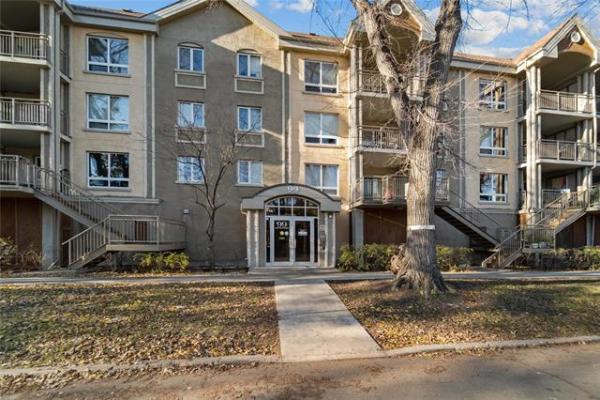Last Tuesday, representatives of the Canadian Home Builders' Association descended en masse to Parliament Hill to talk housing with elected and administrative officials. It was part of the annual Forum for Growth and the goal was to educate, inform and enlighten.
The residential construction industry supports more than 900,000 jobs paying more than $50 billion in wages and generating more than $125 billion in economic activity. Its basic premise is that communities should provide a wide range of housing options suited to all those who want to live and work there and that Canadians who work hard should have a reasonable opportunity to own a home.
However, affordability is becoming more difficult for young families every year. Canada's landscape has changed and the Millenials are facing a tough challenge in being able to afford a new home.
It's not interest rates or mortgage rules that are driving up the cost of a home, but rather the cost of land. Taxes and fees associated with development are used to fund a broad range of municipal services that benefit the community far beyond the new development. After decades of historic underfunding, the infrastructure needed to support strong and growing communities is simply not in place. Unfairly and excessively taxing new homebuyers is not the answer.
Densification helps to maximize the use of existing infrastructure, however it also increases land prices and property values through supply and demand. Many existing and older neighbourhoods don't wish to increase their density.
The cost of creating and maintaining high quality and efficient infrastructure must be shared equitably so that those wishing to become homeowners don't have to bear more than their fair share. Blockages impacting well-planned development drive up housing prices. Someone buying a new home shouldn't face a more onerous tax burden than a buyer of a resale home. The levying of a tax on a tax does this.
Federal research and technical support for housing innovations, federal jobs training support for skilled labour and the harmonization of codes, standards and performance would increase productivity.
Finally, the CHBA delivered a message for the federal government to fight the underground economy, thereby protecting consumers and reducing taxes and other costs for honest contractors and consumers.
The residential construction industry is a driver of the Canadian economy and an important component for growth and quality of life in our country. Through co-operative efforts of the private and public sectors, we can build strong communities.
Mike Moore is president of the Manitoba Home Builders' Association



